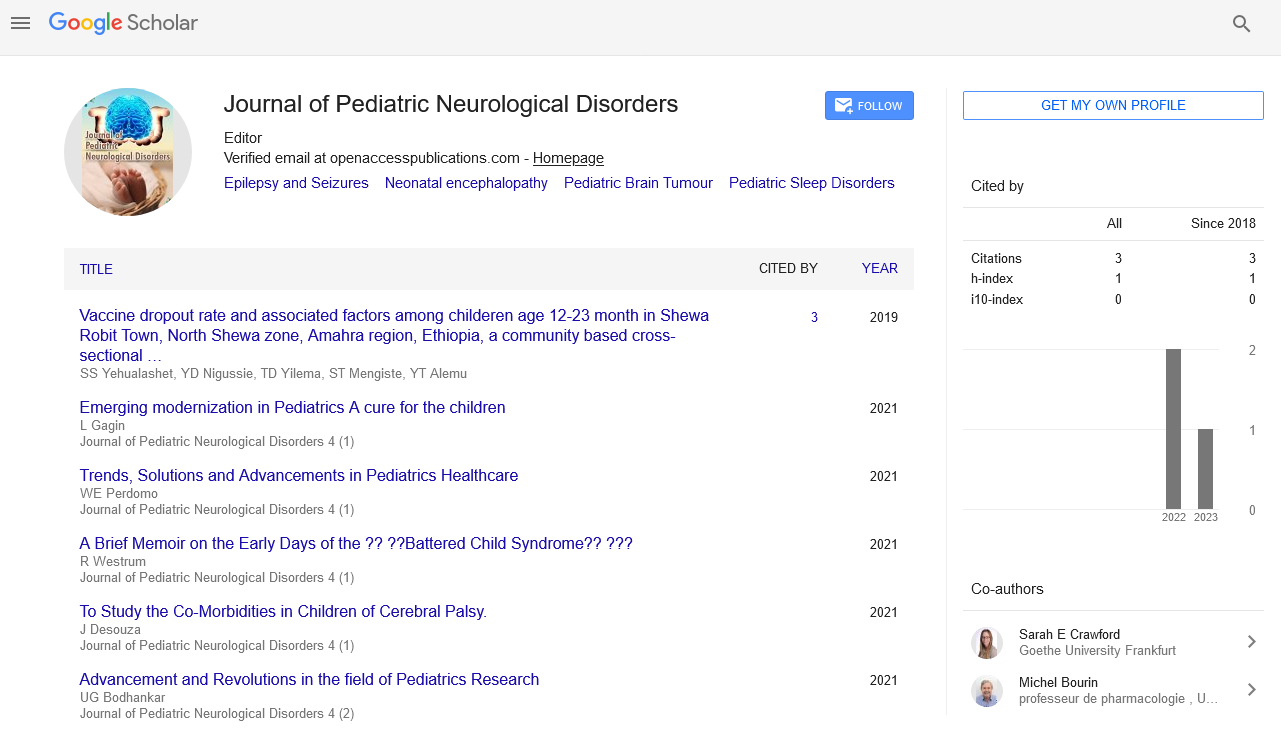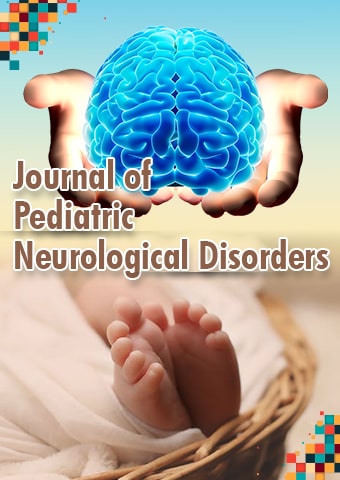Commentary - Journal of Pediatric Neurological Disorders (2021) Volume 4, Issue 4
Parental Lifestyle and Adolescent Depression
Md. Shahariar Islam*
Department of Pediatrics Rajshahi Medical College and Hospital, Bangladesh
*Author for correspondence: drsislam@yahoo.com
Abstract
Adolescent depression is regarded as the silent killer among all of the diseases. Parental lifestyle is one of the influencing factors for adolescent depression. It should know that how much parental lifestyle affect the adolescent depression with the aim, to prevent it and to protect the adolescents from it. This study was done to assess the association between parental lifestyle and adolescent depression. This cross sectional study was conducted among the 133 adolescents and their parents in Uttara model town from January to December 2017. After taking inform written consent data were collected by face to face interview with a semi structured questionnaire by using convenient sampling technique.
Keywords
adolescent • depression • parental lifestyle • semi structured questionnaire • conjugal life • nuclear family
Introduction
Adolescent depression, one of the raising and alarming issues in current world. Depression can occur at any age group, but the concept is not so old that everyone believed depression affect only in adults. The notion of the 1970’s that depression is an ailment of adulthood and that children and adolescents do not experience depression is now long gone. It has been estimated that depression is the form of mental illness affecting the greatest number of adolescents. Now Depression is recognized as occurring in children and adolescents. Studies find that depressive symptom display an increasing trend, starting at around age 13, with a period of rapid increase occurring between ages 15 to 18. World Health Organization remarks depression often start at young age. About 8 percent of adolescents meet the criteria for major depression every day. Depression may cause many consequences on victims, even they commit suicide. In fact, suicide is the third leading cause of death in adolescents. With more than half of adolescent suicide victims reported to have a depressive disorder at time of death. In some respects, depression in adolescents can be viewed as an early onset sub form of the equivalent adult disorder because of its strong links with recurrence later in life. The illness has similar clinical features and patterns of neural activity to that in adults, and its occurrence is also associated with a family history of the disorder. Studies of community and clinic based population samples suggest that 60%- 90% of episodes of depression in adolescents’ remit within a year. However, in follow up studies 50%-70% of patients who remit develop subsequent depressive episodes within 5 years.
Data collection technique
All the data were collected by face to face interview. After taking permission from proper authority, interview was taken from household level. At first consent was taken from parents and assent was taken from adolescents by satisfying them with all their queries.
Information about parental lifestyle was taken by using the semi structured questionnaire based on lifestyle assessment sheet. They were asked for some of their socio demographic data (e.g. level of education, monthly income etc). Then lifestyle related questions were asked one by one. After completing all the questions total score was calculated and let them know about their lifestyle. Adolescents were asked for their socio demographic characteristics (e.g. age, level of education, occupation etc). Then instruction was given and depression related questions were asked. There were 21 questions and total 0-63 scores. After completing all questions total score was calculated and informed to the adolescents.
Discussion
This cross sectional study was done to assess the association between parental lifestyle and adolescent depression. Parental lifestyle and level of adolescent depression was assessed and their socio demographic attributes were described in this study. Literature review was done for comparing those findings with others study results.
Conclusion
Adolescents depression is being neglected which is the one of the major contributors of global burden of disease and parental lifestyle is the triggering factor of adolescent depression. In this regard this cross sectional study was done to assess the association between parental lifestyle and adolescent depression which was conducted among the 133 adolescents and their parents in Uttara model town from January to December 2017. After taking informed written consent data were collected by face to face interview through a semi structured questionnaire by using convenient sampling technique. Data were processed, cleaned and analyzed accordingly. Ethical issues were strictly followed at every stages of this study. Number of male was higher than female.

